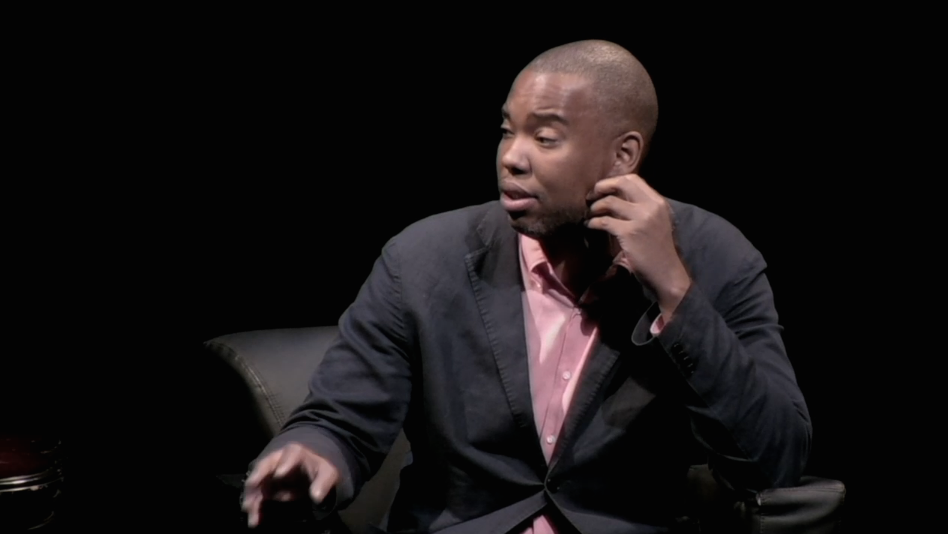Journalist Howard French recently wrote an article for The Guardian that was intended to tackle “the enduring Whiteness of American media.” In it, he refers to Ta-Nehisi Coates—author of 2015’s most-celebrated book on race—as media’s token Black darling.
Yesterday (June 2), Coates wrote an essay for The Atlantic that dismantles French’s piece. Titled “The Black Journalist and the Racial Mountain,” Coates’ article asserts that instead of addressing the problem of racism in media, French—who is Black—actually bolsters it:
French’s claim is two-fold: 1. Big media organizations have failed to produce a staff that looks like the larger country. 2. Big media has failed Black journalists, specifically, by siloing them in “stereotypical roles—sport, entertainment and especially what is euphemistically called urban affairs.” These twin effects, according to French, “strongly but silently [condition] how Americans understand their own country and the rest of the world.” This is an important piece—one worthy of the ongoing dialogue around newsroom diversity. But unfortunately it also shows how an attempt to analyze a problem, can actually reinforce it.
He goes on to discuss how French’s argument privileges the very viewpoints he seeks to call out:
Implicit in French’s focus on what is “permitted,” is a framing, a point of reference, an origin story that privileges the whims of presumably White gatekeepers above all others. Covering the force of racism in America is not something that a Black writer can, of his own volition, believe to be interesting and essential. “The Race Beat” is a ghetto which White people tolerate in order to preserve those arenas that truly matter (business, technology, culture etc.)
Coates goes on to write that some journalists—himself included—write about subjects that concern Black Americans because they want to—not because they have been confined to a narrow beat or crave adulation from those White gatekeepers:
Now, no writer—Black, White or whatever—should spend time covering subjects which don’t interest them. It’s not fair to the writer and, more importantly, it’s not fair to the people being covered. But there is a segment of Black writers who cover their own communities, not in hopes of garnering “recognition” from their White peers, but because they believe Harlem has as much to say to the world as Dakar, Silicon Valley or Tokyo. The possibility of this sentiment is absent in French’s piece, and that absence puts French, unwittingly, on common ground with the very institutions he attacks. The outcomes are similar—the vanishing of Black writers.
Click here to read the rest of the fascinating essay.
